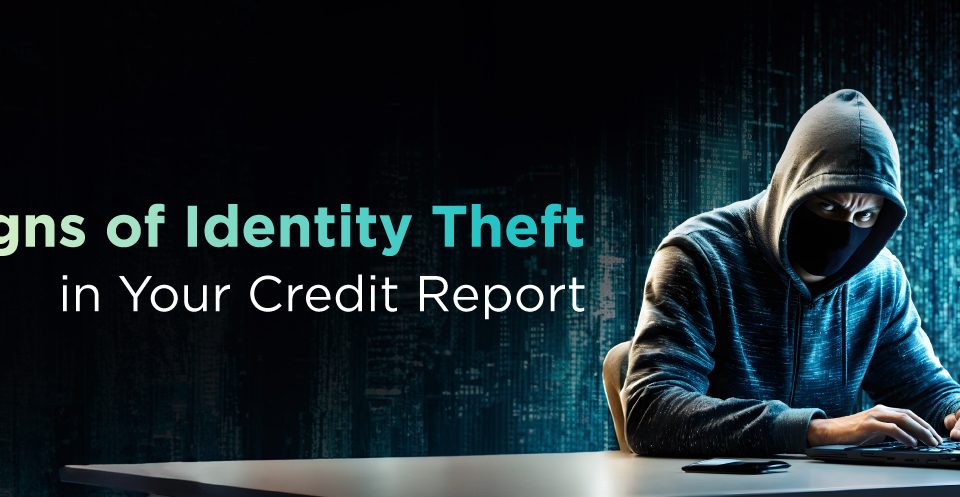
What If Credit Reporting Agencies Didn’t Exist?
With the misinformation going around about credit reporting agencies (CRAs), it’s safe to say that people don’t exactly love CRAs. As a faceless entity behind credit scores, it can get frustrating when a loan approval is rejected due to having a low score.
But in today’s financial landscape, CRAs play a pivotal role in assessing an individual’s creditworthiness. These agencies compile data on individuals’ borrowing history, providing lenders with crucial insights to make informed decisions.
So, have you really wondered: what would happen if CRAs didn’t exist? Read on to find out.
Loans will be harder to get
Without CRAs, lenders would lack a standardized system for evaluating borrowers’ creditworthiness. This could lead to increased skepticism and caution among lenders, especially smaller non-bank lenders. It will make it more challenging for individuals to secure loans, especially those with no previous credit history.
Borrowing will become more expensive
Without CRA data to assess creditworthiness, lenders will perceive lending as riskier. To protect against the increased risk of default, borrowing will become more expensive as lenders charge higher interest rates. They may also impose additional conditions like collateral or a guarantor, further restricting access to credit for borrowers who lack these requirements.
Lenders may look at other sources of information
Without solid, quantifiable facts about creditworthiness, lenders may look at other sources of information to evaluate risk. In the past, lenders may have made biased decisions based on unrelated factors like gender, race, religion, nationality etc.
In addition, different lenders may look at different sources of information. This will make it confusing for borrowers to choose the most suitable loan, preventing quick, seamless access to credit.
Improving financial health will be more difficult
Back in school, if you got an A, you knew that you were good in that subject.
Similarly, a credit score is like a school grade for your financial health. Without this feedback from CRAs, individuals may find it more challenging to identify areas for improvement and take proactive steps to enhance their credit profiles.
The economy will be impacted
Without instant access to credit data, spending and investment may slow down as the flow of credit is disrupted. Individuals won’t be able to get credit for big purchases like cars or houses, while businesses will be unable to obtain loans for expansion.
On the other hand, the lack of CRA data may also result in irresponsible lending. This may lead to more defaults and delinquencies, destabilizing the financial system.
Conclusion
Considering the above, it’s not hard to imagine the chaos that would follow if CRAs were to disappear overnight. With fair regulation, CRAs serve an important role in today’s financial ecosystem. As the financial sector advances with more innovations like digital banking and fintech, CRAs’ access to data and analytics will be even more crucial in the future.




